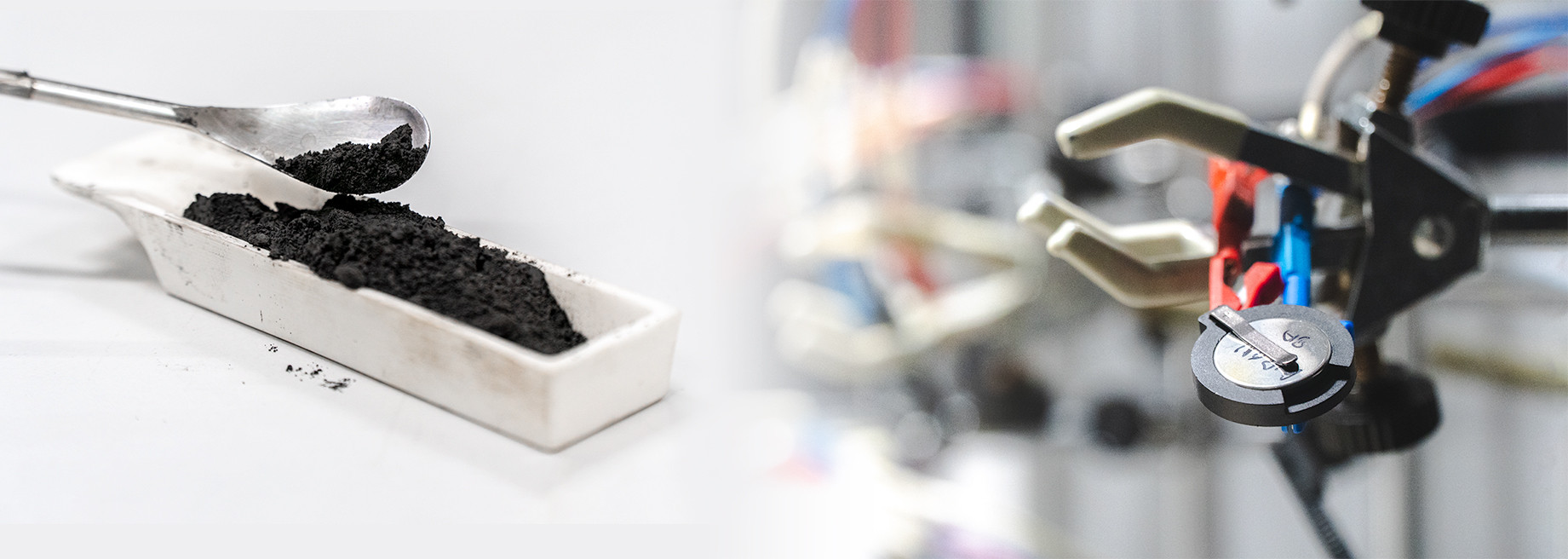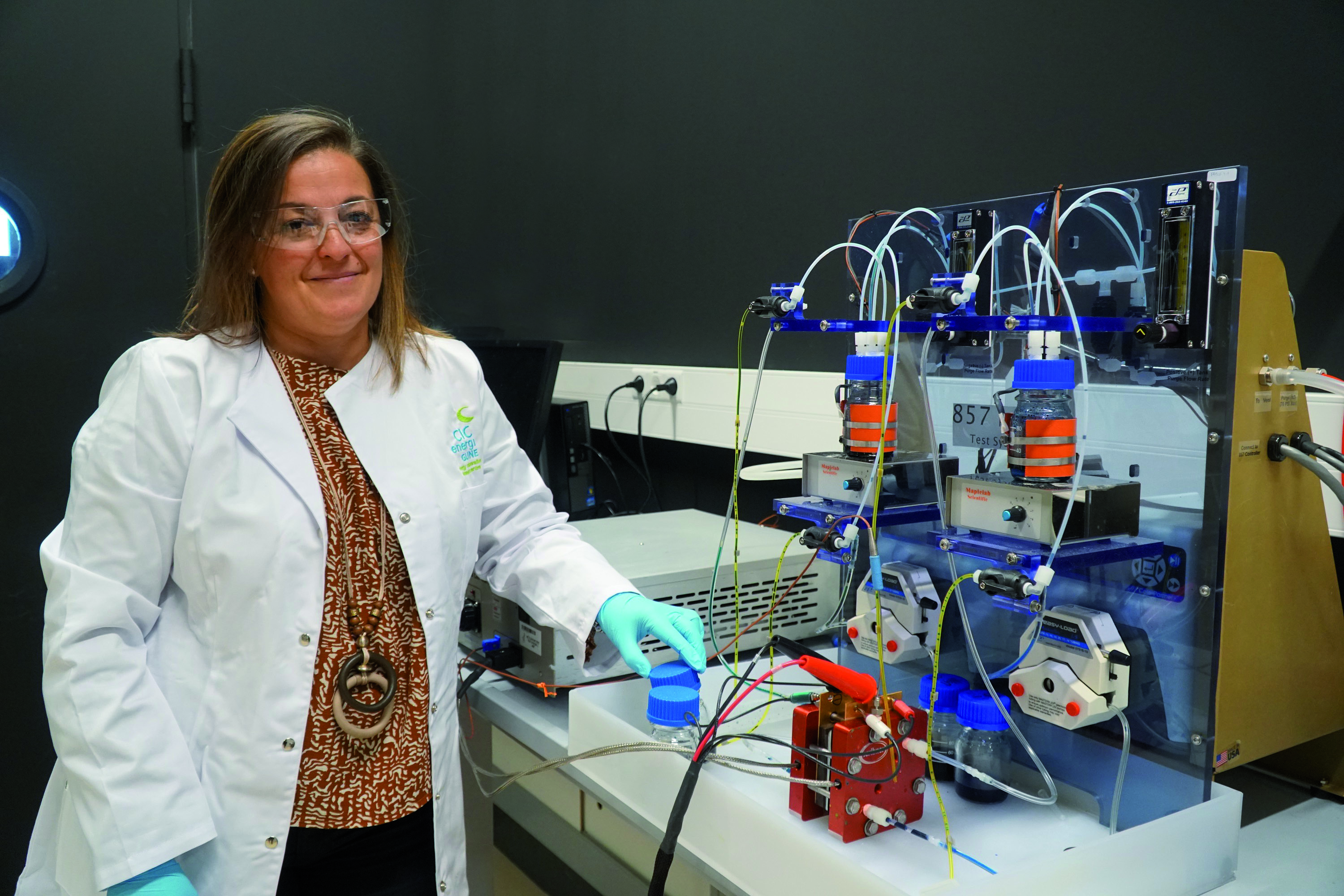CIC energiGUNE, the Basque research centre of reference in electrochemical and thermal energy storage, is leading the HIGREEW project to design redox organic flow batteries which, coupled with renewable energy systems, will help to mitigate the impact of climate change, as they will favour the use of more economical energy storage systems with enhanced technical performance and greater efficiency.
The aim of CIC energiGUNE is to develop a new low-cost water-based organic electrolyte that will be integrated into a flow battery with an advanced plant control system. This will enable a cost of 0.05 euros/kWh/cycle to be achieved by 2030, which is the technical-economic challenge set by the European Commission in its European Strategic Energy Technology (SET) Plan to drive the transition towards a climate-neutral energy system.
The HIGREEW project consortium is composed of 9 reference bodies in materials, storage systems and renewable energy. The Autonomous University of Madrid and the University of Bohemia (Czech Republic) are collaborating with the Basque research centre in developing the key materials (membrane, electrolyte and electrode) to improve their technical performance, extend their service life and facilitate their recycling. These materials will be integrated into a cell for the initial validation tests to be performed by C-TECH, a British engineering firm with experience in electrochemical equipment design, and the Czech firm Pinflow, which specialises in vanadium flow batteries.





